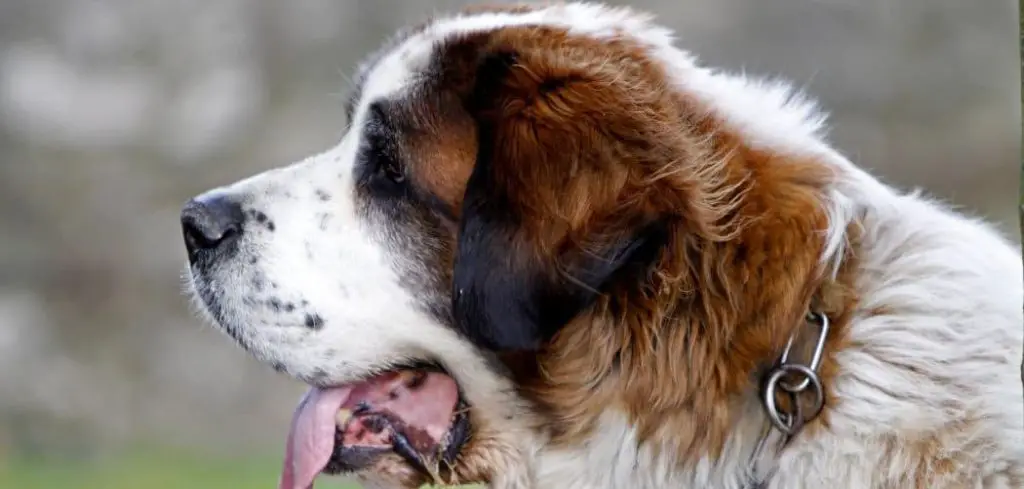If your dog is drinking a lot of water and drooling excessively, it’s a clear sign that something is off. While some drool is normal—especially in breeds like Saint Bernards or Bulldogs—sudden or excessive drooling along with increased thirst may signal an underlying health issue.
We outline the common causes of dog drinking a lot of water and drooling, what you can do at home, and when to seek veterinary help.
Dog Drinking a Lot of Water and Drooling — Why It Happens
When dogs drink excessively and drool more than usual, it may be due to nausea, dental problems, toxins, heatstroke, or organ dysfunction. The drooling is typically a response to irritation or discomfort, while the excessive thirst may be the body’s way of compensating for fluid loss or managing internal stress.

Common Causes of Dog Drinking a Lot of Water and Drooling
Nausea or Gastrointestinal Upset
Dogs that feel nauseated often drool as a natural reflex to excess stomach acid or the urge to vomit.
They may drink more water to ease the discomfort, but that can sometimes make nausea worse.
Look for other signs like lip licking, restlessness, gulping, or actual vomiting. Causes range from dietary indiscretion to gastrointestinal infections or pancreatitis.
Dental or Oral Pain
Infections, abscesses, broken teeth, or mouth ulcers can lead to both excessive drooling and increased drinking.
Your dog may paw at the mouth, have bad breath, or resist eating hard food. Drool might even be tinged with blood.
A veterinary dental exam will help uncover and treat the source of oral discomfort.
Heatstroke
Overheating can lead to panting, drooling, and frantic water consumption.
If your dog has been in hot weather, inside a car, or exercising heavily, drooling and excessive drinking could be signs of heatstroke.
Other symptoms include red gums, lethargy, vomiting, and collapse. Immediate cooling and emergency veterinary care are essential.
Related: Dog drinking a lot of water and not eating (Here’s why)
Toxin Ingestion
Some poisons—including pesticides, plants (like sago palms), xylitol, or certain human medications—can cause hypersalivation and thirst.
Dogs may drool uncontrollably, vomit, appear disoriented, or tremble.
If you suspect poisoning, contact your vet or a poison control center immediately. Time is critical for treatment success.
Liver or Kidney Disease
Both the liver and kidneys help filter toxins from the body. When these organs fail, it can lead to increased thirst, nausea, and drooling.
Liver issues may also cause jaundice (yellowing of the gums or eyes), confusion, and vomiting.
Kidney disease may cause bad breath (uremic odor), loss of appetite, and lethargy. Diagnosis requires blood and urine tests.
What to Do If Your Dog Is Drinking and Drooling Excessively
Offer fresh, cool water at all times, but avoid letting your dog gulp too much at once, which can worsen nausea.
Check your dog’s mouth for visible signs of injury, broken teeth, or foreign objects stuck between the teeth or in the gums.
Move your dog to a quiet, shaded, or cool area, especially if overheating is suspected.
Try to identify any exposure to new substances, foods, or environments that might have triggered drooling.
Call your vet if symptoms persist more than a few hours, worsen, or are accompanied by vomiting, shaking, or behavior changes.
When to Call or Visit Your Vet
Seek immediate veterinary attention if your dog:
Drools excessively without a known reason
Drinks far more than usual over several days
Vomits or shows signs of nausea
Has red, swollen gums or visible mouth wounds
Has been exposed to a possible toxin or heat stress
A physical exam, dental check, and lab work can help pinpoint the cause and guide treatment.
Read more: Dog Drinking a Lot of Water and Shaking (Here’s why)
Key Takeaway
Drooling and increased water intake aren’t always harmless—together, they may indicate nausea, pain, poisoning, or more serious health conditions.
Don’t ignore these signs. With a careful evaluation and timely veterinary care, most causes can be treated effectively and bring your dog back to comfort.
